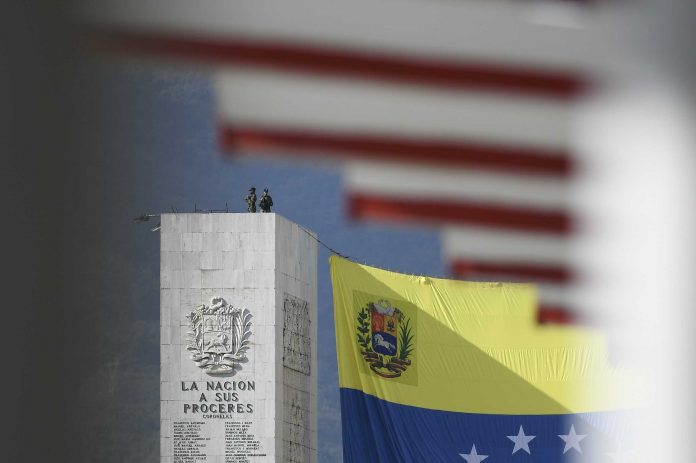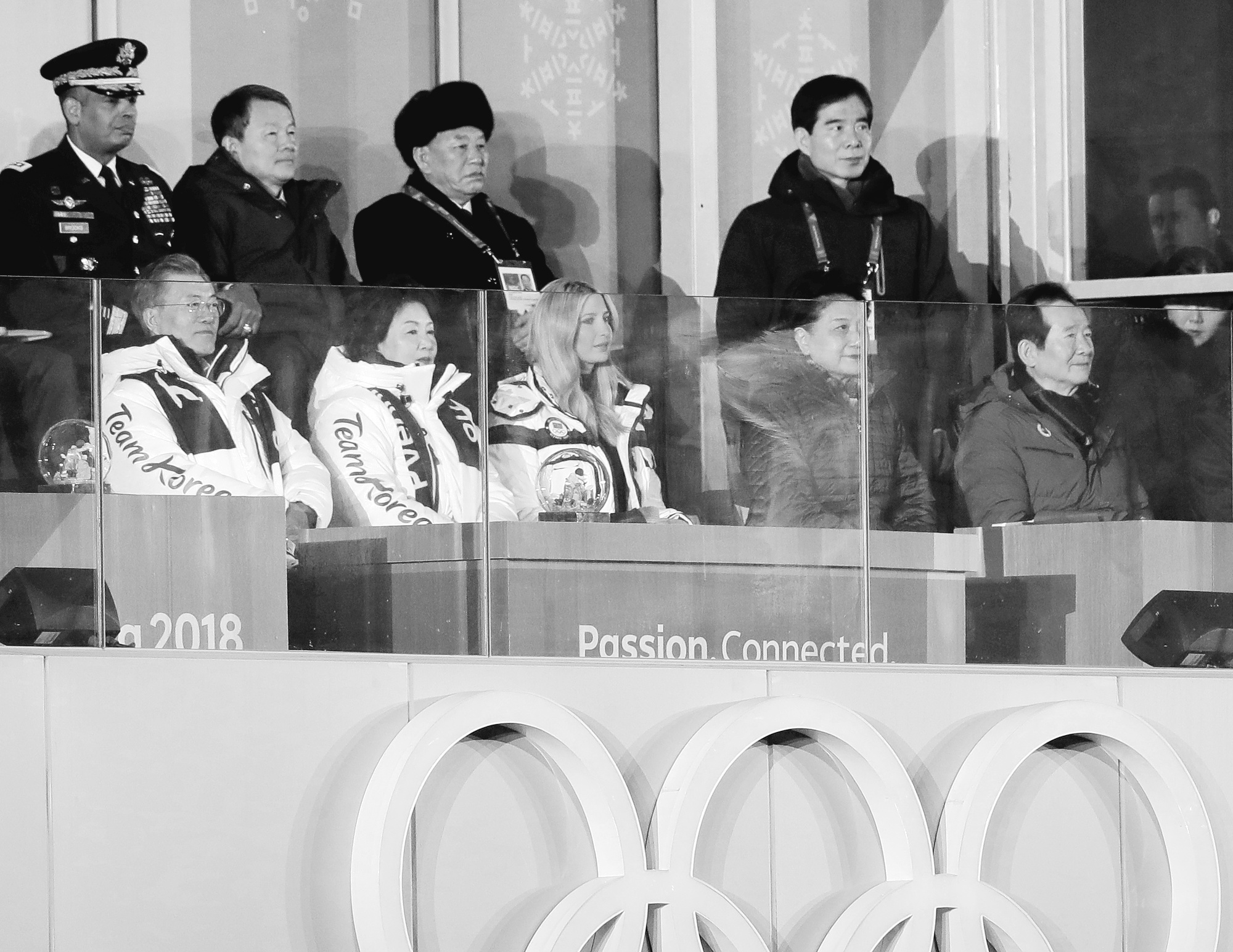
By REGINA GARCIA CANO and JORGE RUEDA
Associated Press
CARACAS, Venezuela (AP) — Venezuelan security forces carried out fewer extra-judicial killings in the 12 months through April, a U.N. report said Monday, but it accuses them of a continued pattern of torture or cruel treatment of individuals as well as enforced disappearances and incommunicado detentions.
The report from U.N. High Commissioner for Human Rights calls on the government of President Nicolas Maduro to cease the use of excessive force during demonstrations, dismantle pro-government armed civilian groups and ensure effective and independent investigations of all killings by security forces.
“Accountability remains key to preventing and remedying human rights violations and strengthening the rule of law,” said the report, which covers June 1, 2020, through April 30. “The protection and expansion of civic space is vital to strengthening democracy, fostering inclusive dialogue and addressing the root causes of current challenges.”
Maduro’s government issued a statement rejecting what it called the “fallacious content” in the report. It accused the U.N. agency of basing the report “on a handful of alleged allegations of human rights violations” with the intent of destabilizing Venezuela.
“This report is the result of a Resolution promoted by a tiny group of governments with serious internal situations of human rights violations, which conspired to satisfy the policy of ‘regime change’ promoted by the United States of America against Venezuela,” the Foreign Ministry statement said.
The U.N. agency documented 17 killings allegedly linked to security forces — 16 during security operations in places with high rates of violence and crime and one during a protest. The report did not provide numbers for extra-judicial killings in previous years.
In the majority of the cases, the report said, the killers broke into the homes of the victims, most of whom were young men or boys from impoverished communities.
Witnesses described being threatened with death, beaten and dragged by their hair by officers. The report said officers allegedly manipulated evidence and removed bodies from the victims’ homes.
“The events continue to have severe effects in communities, as they instilled fear in the population, generated mistrust in law enforcement, further marginalized poor communities and caused displacement,” the report said.
It also documents nine cases of individuals whose whereabouts were unknown to family and lawyers during their detentions. The agency also says it received reports of people being beaten, electrocuted, sexually violated and threatened with rape by officers.
The agency said it is not aware of actions taken by the National Commission Against Torture, an arm of the Ombudsman’s Office, which is headed by officials close to the government. Critics say the Ombudsman’s Office systemically looks the other way when complaints of human rights violations are reported.
The report acknowledges a police reform ordered by Maduro in April and the implementation of training for security forces on human rights and use of force. The reform, which Maduro said he wanted implemented within six months, creates an opportunity to strengthen oversight and vetting of security forces, the U.N. agency said. Proposed reforms in Venezuela do not always materialize, however.
The report accuses Maduro’s government of continuing to restrict freedom of expression, including by impeding the work of civil organizations and the media through regulatory and administrative actions, including criminal prosecution. The agency tallied almost 100 incidents in connection with human rights activists, journalists, union leaders and others, including two killings and six other violent acts.
On Friday, the director of the Venezuelan nonprofit human rights group FundaRedes, Javier Tarazona, was arrested after reporting to authorities that he was been harassed by national intelligence officials. Two other activists with the group were also detained.
The U.N. report noted that sanctions add to the problems in Venezuela, which is mired in a deep political, social and economic crisis attributed to plummeting oil prices and to two decades of mismanagement by socialist governments. It has been in recession for years. Millions live in poverty amid high food prices, low wages and hyperinflation.
Under President Donald Trump, the U.S. government imposed crippling sanctions, seeking to isolate Maduro. Those restrictions have made it difficult for Venezuela to develop, sell or transport its oil — the backbone of its economy. The European Union has also imposed sanctions.



















